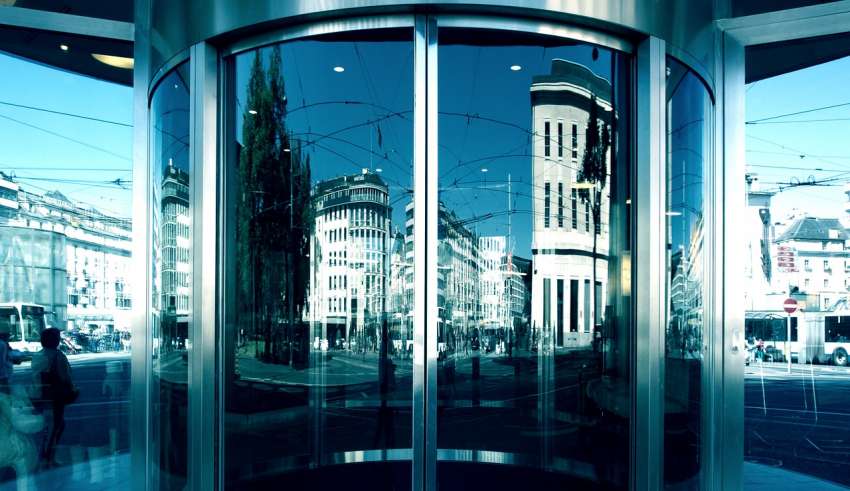
The commercial bay door you select for your commercial premises makes a great difference in numerous ways. For instance, it’s the first thing that clients will notice about your business. Remember that a quality bay door instantly adds aesthetic and value to your business.
Better still, it’s among the used pieces of tools in your business. Your day can be ruined easily if the door fails to open. One of the perfect additions to your commercial bay doors is the insulation that you must consider if you want an energy-efficient and conducive working setting.
In this article, we discuss coiling and sectional bay doors, and whether you should opt for the non-insulated or insulated door for your commercial premises. We also outline the advantages of investing in commercial bay doors over conventional options.
Sectional bay doors
Sectional bay doors are constructed of multiple panels that roll down or up when the door is opened or closed. The door is made of 14-16 gauge long-lasting steel and mounted vertically against the wall. There is a horizontal track that is fixed to the ceiling to support the door.
The door generally tilts up over the floor, other swings out of the way. While sectional doors can be noisier than coiling commercial doors, the retractable sections quieter. Nevertheless, because of their complex design, they can need more maintenance.
Coiling bay doors
Coiling bay doors are made with 18-24 gauge long-lasting structural steel. The units are built into segments and slats about 3 inches in width. For this reason, coiling doors are strong, more flexible, and aesthetically sound, not to mention how they are a breeze to personalize to your preferred taste.
Typically, coiling bay doors are easy to operate. This means lessened maintenance. These can withstand numerous close/open cycles with minimal maintenance.
Insulated bay doors
If you’re searching for a commercial bay door, you can opt for the non-insulated or insulated version. All business owners want to safeguard their premises from different elements like temperature fluctuation, noise, insects, and pollutants.
Choosing an insulated door offers many benefits such as lower energy consumption, lessened noise levels and adds value to your business.
What are the benefits of commercial bay doors?
Easier access
Unlike conventional doors that are designed to open inwards, bar doors lift up with the door mechanic apprehended above. This offers additional space that business owners can use for other purposes. They are valuable if you need more space for fast loading or unloading. The available space is enough to accommodate a car if you need some parking space. It can be utilized to access the business area with heavy machinery like fork trucks, tractors, and plows.
Unmatched security
While your commercial building requires it to be easily accessible, it should offer unmatched security. With commercial bay doors, you are guaranteed these ideals. These doors come with exactness to make sure they seal and lock tight to offer you the high level of soundness and strength you deserve. Locking and opening the doors is also easier like using a door opener or key that automatically responds at the press of a button.
Durable and reliable
Commercial bay doors are built from a range of long-lasting materials to make sure they last longer and withstand the rigors of daily use. The doors are designed to endure bumps, scrapes, and any kind of pollution. They’ll remain robust for many years with minimal or zero maintenance.
Versatile, large space
Another benefit of commercial bay doors lies in their versatility. The doors let you transition easily and quickly from outdoor to indoor space. For instance, a bay door that gives you a way to the patio offers instant access to sunlight and fresh air, while connecting the interior of the building to the outside. The outcome is a bigger and versatile space that looks amazing.
Provides the needed insulation
Almost all bay doors come with a blend of form and metal to provide insulation against heat and cold. Essentially, they keep heat inside and stop cold air from getting into the business premises via the door. For this reason, interior temperatures will always be stable. This leads to low energy consumption that means lessened electricity costs.












